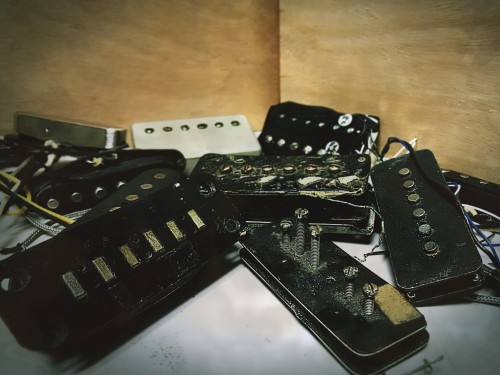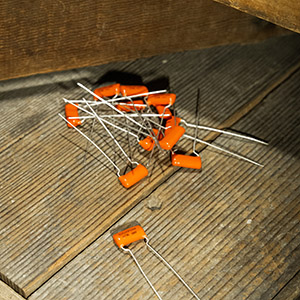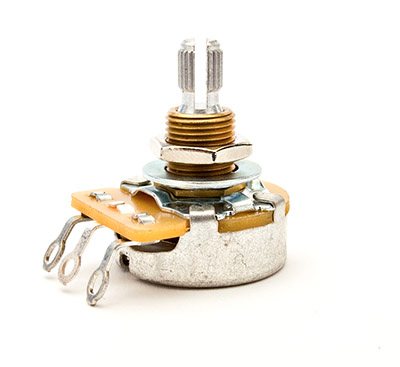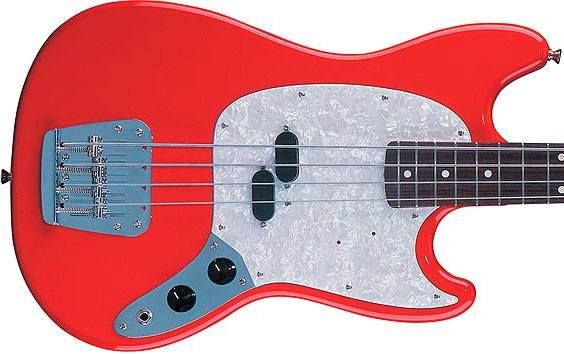We get asked all the time, “Why does my old pickup sound dull?” There are many reasons the tone can suffer on vintage pickups.

We can’t resurrect or improve every beaten, tired, old pickup that we come across. Some of them, like the ones seen above, are just too far gone. Only a complete rebuild, with brand new parts could bring them back to life, but at that point, you may as well just replace it! You can’t shine a turd, as they say — and even if you could, you’d still just have a shiny turd. But, just maybe, your dull sound isn’t the turd you thought it was, so in this edition, we’ll address the possible causes and potential solutions.
Continue reading




